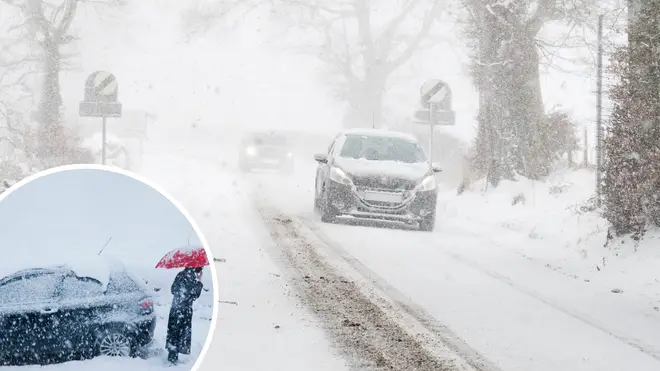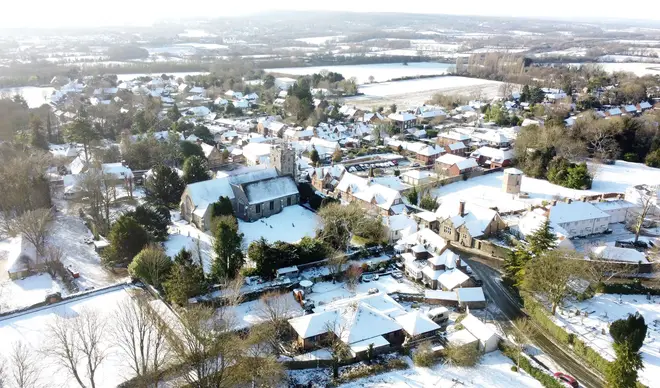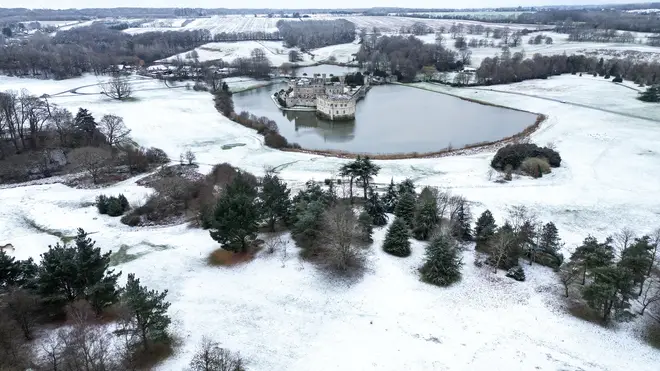
Matthew Wright 7am - 10am
10 January 2024, 06:36 | Updated: 10 January 2024, 06:46

Brits are in for more freezing temperatures next week, with the Met Office warning more snow could be on the way.
While temperatures are expected to rise briefly towards the end of this week, a second Arctic blast will likely bring "wintry hazards" at the start of next week.
By Saturday, northerly winds will cause temperatures to drop again by Saturday, bringing a risk of wintry showers, the Met Office said.

Met Office forecaster Aidan McGivern said: “A cold front from the north towards the weekend will mark another change in the airmass for the UK, moving from something with a bit of an Atlantic influence to air that comes more directly from the Arctic.”
Meanwhile, the Met Office's head of situational awareness, Will Lang, said: “There will be a resurgence in the really cold weather through the weekend and that spreads across the whole of the UK during the early part of next week.
“Initially, this means there will be more in the way of showers around the coasts, turning increasingly to snow for many areas, especially further north.”
The most likely day for the snow fall is Wednesday next week, according the Apple weather forecast.
Read More: Sprawling storm wallops US with tornado reports, damage and heavy snow
Read More: Exact date snow to fall again, as Brits set to be gripped by deep freeze with icy blast continuing
According to Weathertrending's John Hammond, the snow could be quite "disruptive".
“Just a quick heads up, as we look towards next week, much colder air could well be heading down from the north, so that’s one to watch," he told LBC's Nick Ferrari earlier this week.
“I think disruptive snowfall is on the cards as we look into next week."

A cold weather alert issued by the UK Health and Security agency also remains in place until 12pm.
The amber alert reads: “Cold weather impacts are likely to be felt across the whole health service for an extended period of time, with potential for the whole population to be at risk and where other sectors may also start to observe impacts, indicating a coordinated response is required.”